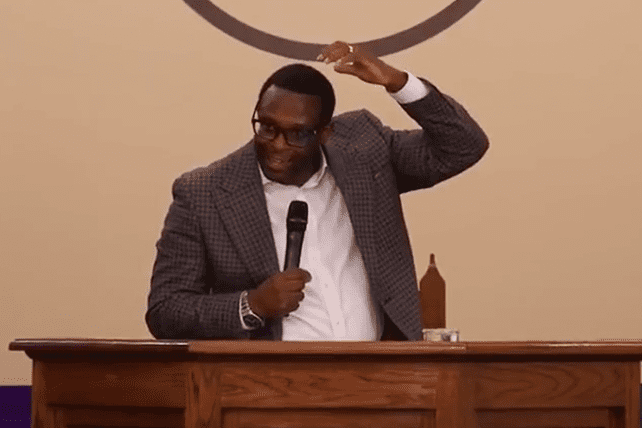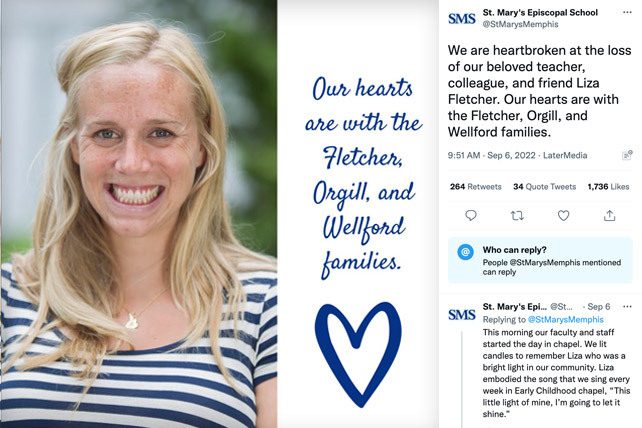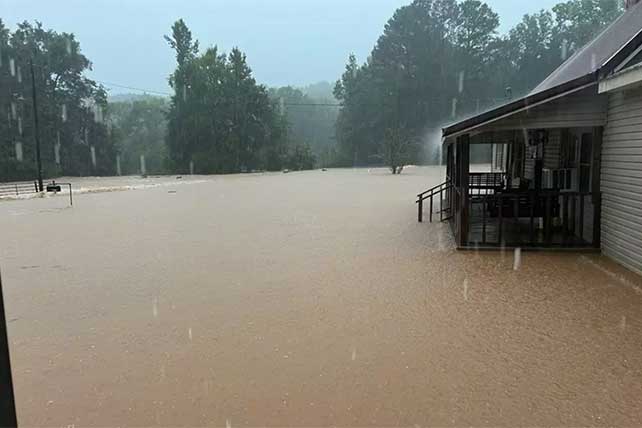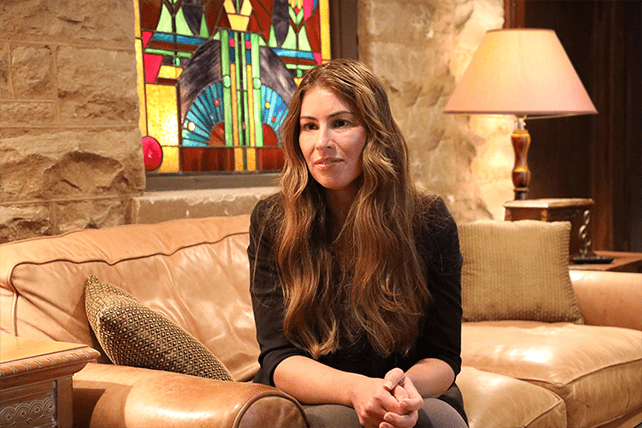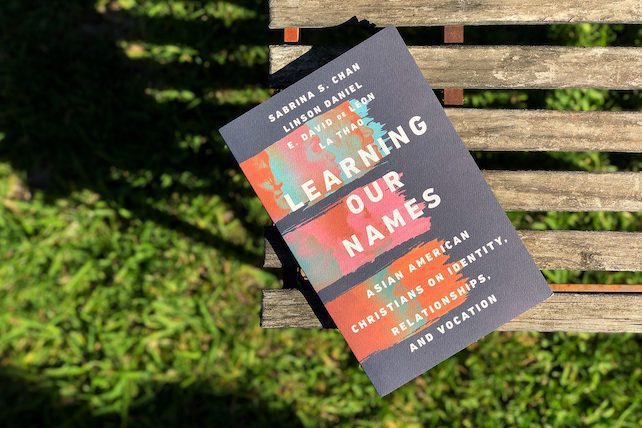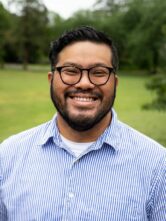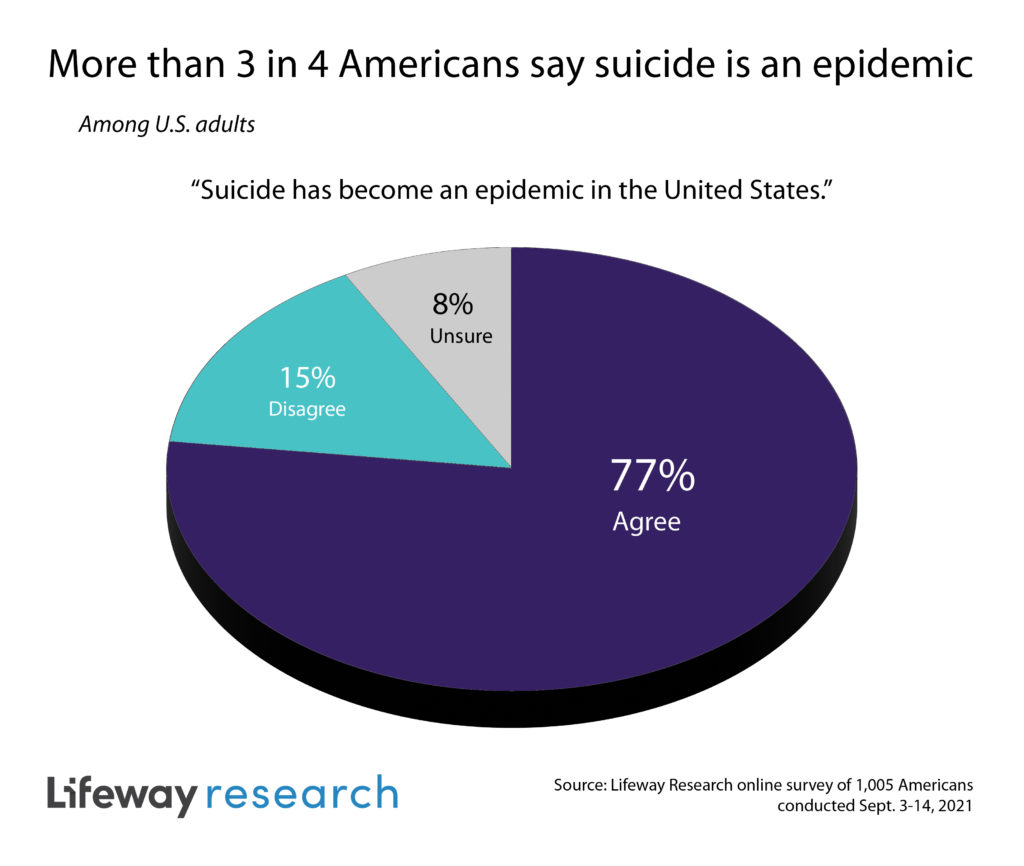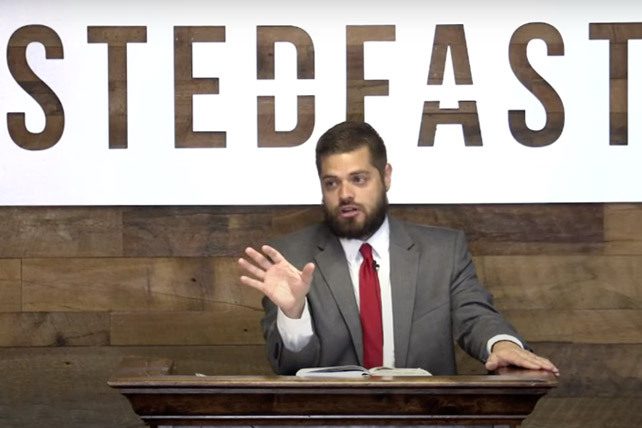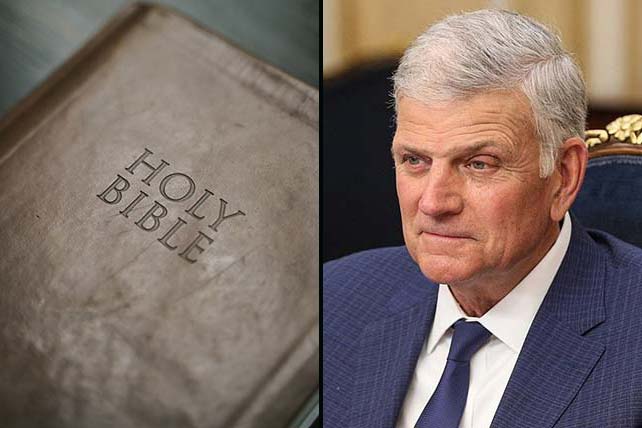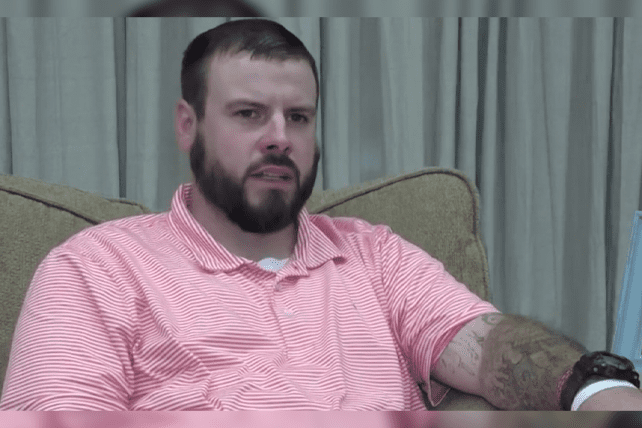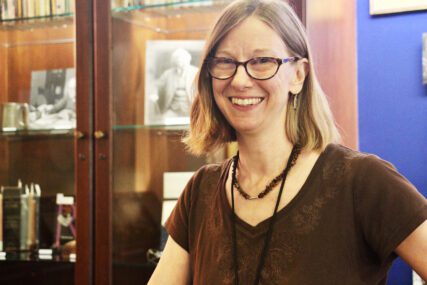Last Thursday (September 1), Northwood Temple Academy, a private Christian school in Fayetteville, North Carolina, held a scheduled baptism service for a few of their students to close out their Spiritual Emphasis Week. The service resulted in 100 spontaneous baptisms.
The school, which is affiliated with Northwood Temple Pentecostal Holiness Church, enrolls an estimated 450 students.
A Facebook post uploaded at the end of the school day announced the baptisms by quoting a Bethel Music/Kalley Heiligenthal song: “I feel it in my bones, You’re about to move! Today we had over 100 middle and high school students spontaneously declare their faith and get baptized today. We will have more pictures of these powerful moments posted over the next couple of days.”
Liz Ray, who was part of the school’s baptismal service and is the wife of pastor Greg Ray, also posted on her social media about what God had done.
“This morning’s baptisms was closing Spiritual Emphasize week and there were only two souls scheduled to getting baptized. All week long the high school and middle school teachers and administration poured themselves out in obedience to Father God,” she wrote. “Then suddenly the Holy Spirit stirred the hearts of the high school and middle school students and they began to respond to Him to make a declaration of faith—a public declaration of their salvation in Christ.”
RELATED: TN Church Sees Over 1,000 Baptisms in Four Months–‘Prayer Births Revival’
“Students kept going up wanting to get baptized! We tried to get the towels dry enough for the next person,” Ray said.
“Over 100 students responded. May the Lamb who was slain receive the reward of His suffering! And yes, I got a little happy on my feet praising and thanking God for the privilege of witnessing such an amazing work the Lord did today,” Ray concluded with uploaded images of towels draped over bushes, railings, and fences to dry.
Renee McLamb, who serves as head of the school, posted a live video of one of the baptisms saying, “Happening now…NEW BIRTH ♥️ ♥️ Today the angels are rejoicing!!!!”
After word got out to the parents regarding the day’s spontaneous baptism, upset parents began to question why they weren’t informed of their child’s decision to be baptized before it took place.
One parent told The Fayetteville Observer that her 11-year-old daughter called her from school while she was on a work conference call asking her to bring a dry set of clothes because she had gotten baptized. The mother responded to her child’s news with “What?”



